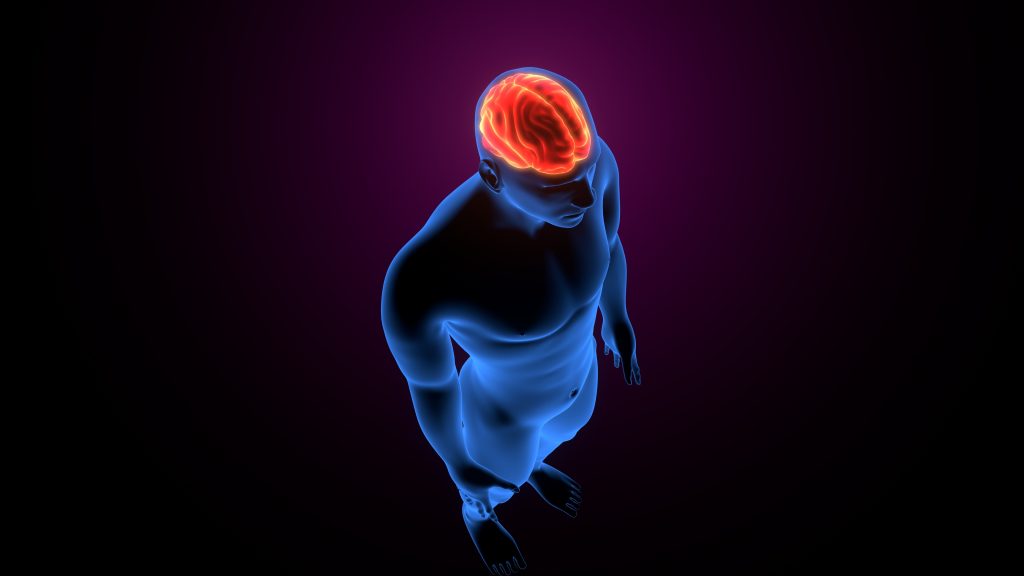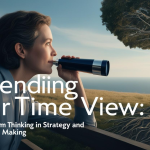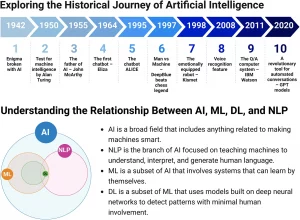“The Hidden Power of the Mind: Unveiling the Secrets of the Mind-Body Connection for Revolutionary Health”
In a captivating article published in “Scientific Reports”, authors Peter Aungle and Ellen Langer delve into a revolutionary theme: “Physical Healing as a Function of Perceived Time”. In this work, the scientists shed light on how our perception of time can have a direct and significant impact on our body’s healing processes. Through a series of studies and experiments, Aungle and Langer open a new window into understanding the powerful link between mind and body, challenging traditional conventions and proposing an innovative vision of human health.
The concept of the “mind-body connection” is a deeply compelling and multidimensional topic, raising fundamental questions about human nature and our well-being. This area of research explores how our mental states, emotions, thoughts, and beliefs significantly influence our physical health. It’s a fascinating journey that bridges psychology, biology, medicine, and even philosophy, revealing how the mind and body are not separate entities, but parts of an integrated and interconnected system.
Think for a moment about how the mind can influence the body: the anxiety that speeds up the heartbeat, the calming effect of a pleasant thought, or the power of a deep belief that can lead to real physical changes. The research in this field goes far beyond these everyday experiences, uncovering surprising and sometimes counterintuitive aspects of the mind-body connection.
One of the most fascinating studies in this field is conducted by Turnwald and colleagues. In this experiment, participants were given false feedback about their genotype, suggesting a predisposition to greater or lesser physical exercise capacity or different satiety thresholds. Incredibly, the results showed that the physiological changes in the participants corresponded to the received feedback, regardless of their actual genetic makeup. This study highlights how our beliefs and expectations can indeed shape our physiological reality.
Another striking example involves a study conducted on a group of hotel maids. These workers were told that their daily job met the recommendations for daily physical activity. The result? Significant improvements in their health, such as weight loss and reduced blood pressure, despite no change in their workload or exercise and diet habits. This phenomenon highlights the powerful effect of expectations and beliefs on physical health.
Research on the mind-body connection also extends to the field of aging. For instance, negative stereotypes about aging can have tangible effects on the health of elderly people. In a groundbreaking study, older men were immersed in an environment that recreated the atmosphere of 20 years earlier. The results showed that living in a context evoking the past led to significant improvements in the physical health and cognitive performance of the participants, highlighting how perceptions and mindsets about aging can directly influence the aging process.
These examples are just the tip of the iceberg in a vast and rapidly evolving field of research. The mind-body connection challenges our traditional notions of health and illness, suggesting that our physical health can be deeply and directly influenced by our mental states, emotions, and beliefs. In this context, the mind is not just a passive observer, but an active player in shaping our physical reality.
The beauty and complexity of the mind-body connection lie in its transformative potential. This research invites us to reconsider the way we think about health and well-being, paving the way for new therapeutic strategies that integrate mind and body. At the same time, it reminds us that our understanding of the human body and mind is still evolving, with many exciting discoveries on the horizon.
Ultimately, the investigation into the mind-body connection is not just an academic field of study, but an open door to a deeper understanding of ourselves and the infinite possibilities of the human condition. It invites us to explore the depths of our psyche and harness the power of the mind to improve our health and well-being, in a continuous journey of discovery and personal growth.









